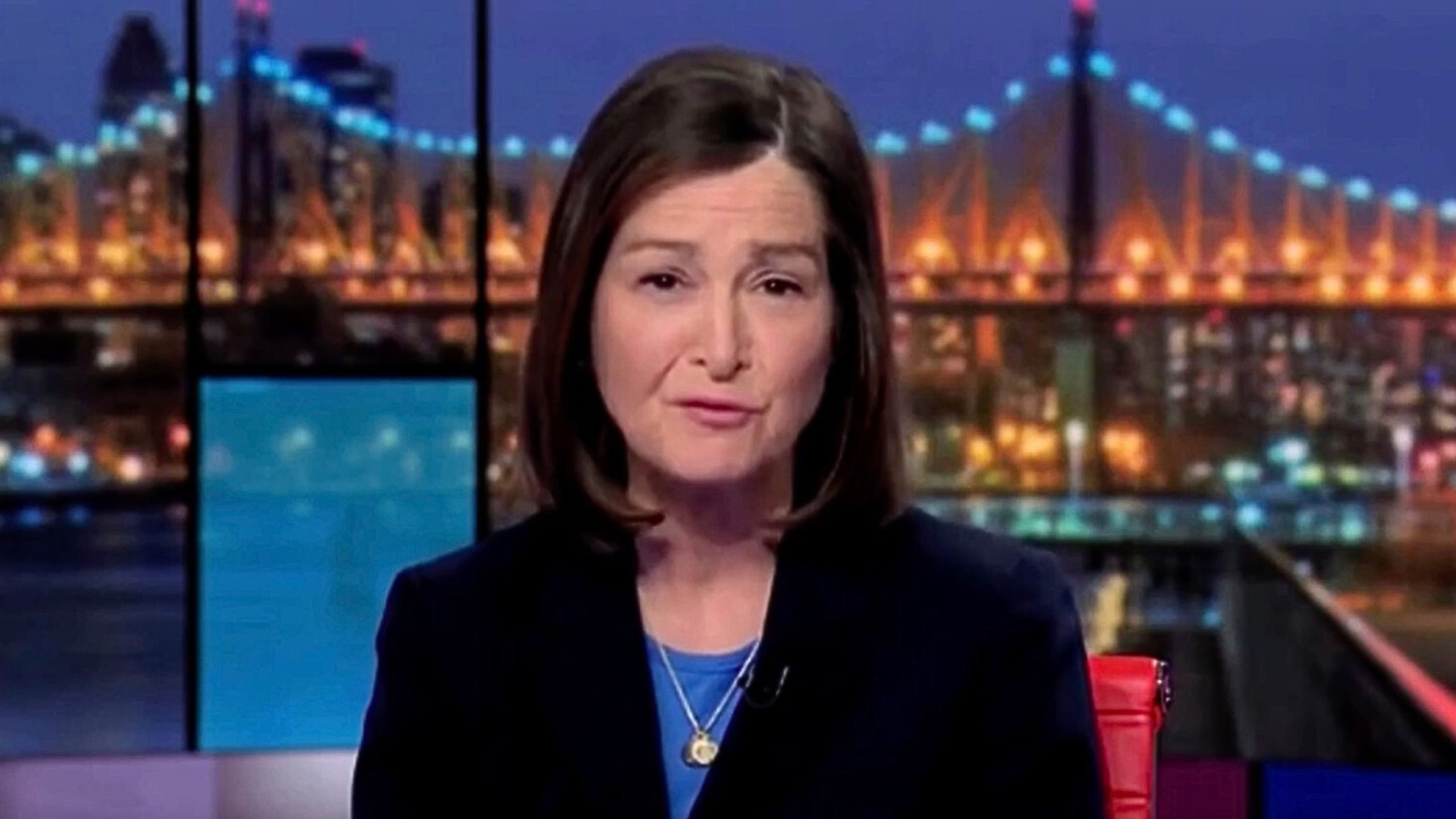Barbara McQuade, the former United States Attorney for the Eastern District of Michigan, former Co-Chair of the Terrorism and National Security Subcommittee of the Attorney General’s Advisory Committee in the Obama Administration, and MSNBC’s legal expert, has published a new book containing criticism of the First Amendment.
McQuade fiercely commented on Monday about the US’s devotion towards freedom of speech, proposing it leaves the nation exceptionally open to disinformation campaigns.
McQuade was invited to “The Rachel Maddow Show” to publicize her latest work, “Attack from Within: How Disinformation is Sabotaging America.” Her aspiration for the book, she says, is to trigger a nationwide discourse regarding truth and our collective dedication to it.
The book isn’t just to grab headlines with its eye-catching title, she asserts, “I hope that by dissecting it, explaining it, and educating the public, we can all see disinformation for what it is so that we can begin to push back against it.”
McQuade went as far as calling the right to free speech an “Achilles Heel” in the United States.
She stated: “I think we’re more susceptible to it than other countries, and that’s because some of our greatest strengths can also be our Achilles Heel.”
At its core, the First Amendment enshrines the freedom of speech, allowing individuals to express ideas, opinions, and information, regardless of their nature—be it popular, controversial, or even perceived as false. This broad protection stems from the belief that free and open discourse is crucial for a healthy democratic society.
The concept of a “marketplace of ideas” is a fundamental principle here, suggesting that truth emerges from the competition of ideas in public discourse. Hence, restricting speech, even if deemed “misinformation,” is viewed as detrimental to this marketplace, as it inhibits the natural process through which society evaluates and either accepts or rejects ideas.
Another critical aspect is the danger of censorship. Labeling certain speech as “misinformation” can be subjective and prone to misuse. The First Amendment serves as a safeguard against the potential for the government or powerful entities to control narratives or suppress dissenting voices. This protection acknowledges that what is considered “true” can evolve over time. Ideas once seen as false or radical have, in numerous instances, later been recognized as true. The Amendment allows for the expression and debate of all ideas, recognizing that our understanding of truth is not static.
McQuade’s ideas totally upend the point of such a right.






















